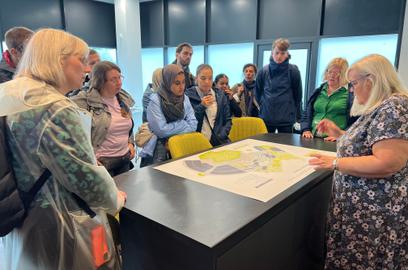The Role of Town Centres, Post Covid-19

Tibbalds
With the current unprecedented events, Richard Crutchley – Associate at Tibbalds – reflects on how Covid-19 may effect our relationship with Town Centres.
The world is going through extraordinary times. With the spread of Covid-19 across the developed world, and lockdown imposed in many countries, our perceptions of what constitutes our ‘normal’ lives have been rapidly and irrevocably changed. Like many things in life, significant experiences shape our wider thinking, change our perceptions and alter your reactions to future events. With most events, support comes from those who have experienced similar events and gone through similar emotions. Covid-19 is different; it is global and it is unprecedented in our lifetimes. We have little to draw on in terms of how this will alter our lives.
Prior to the outbreak, Tibbalds was widely engaged in work to reverse the fortunes of declining town centres. Our experience and input was diverse - from the response to the Novichok attacks in Salisbury to the importance of the role of town centres to an older demographic in Gillingham - but the underlying driver for much of this work was the national shift in our relationship with town centres. We’re all aware of them through our private lives - the growing influence of online retailing, home delivery of food and drink, the pressure national retailers are under to predict and shift their trading patterns, the quality of the built environment and the strength of a place’s identity to name but a few.
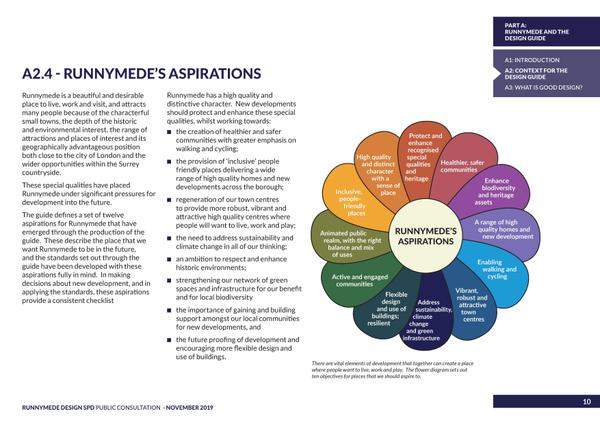
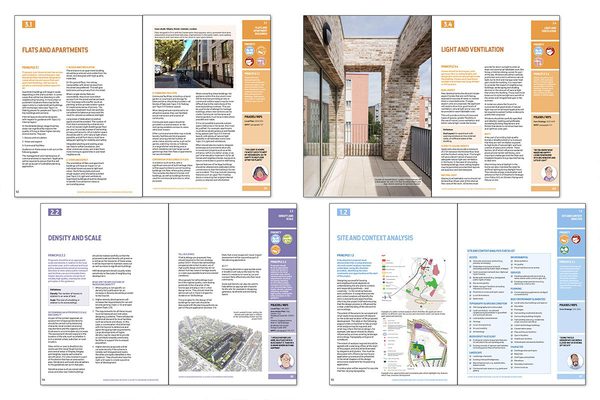
Covid-19 brings a whole new perspective to this work. For the majority of shops and services, trading has stopped indefinitely on high streets and retail parks. Events and markets - any social gathering - has been postponed, and whilst some have been optimistically replanned for later in the year, others will never re-emerge. Whilst the Government has announced and implemented unprecedented financial assistance, more national retailers - notably Oasis Warehouse, Cath Kidston and Debenhams - have fallen into administration. Primark, which famously has no online presence, has sold nothing for a month and fears it may struggle to shift remaining stock in a world that was obsessed with fast fashion. On the other hand, traders in household goods and DIY are seeing a bounce, take-away businesses are seeing heavy business and it may be that local independent shops close to where people live see a role as part of a personalised service that can respond distinctly within its own community.
For those of us in the built environment, there will be challenges that emerge from this pandemic. There are questions being asked about our modes of transport given walking is encouraged and cycling is easier with the absence of vehicles; there are questions around density, as the need for social distancing puts into perspective how hard this can be in dense urban environments that have encouraged social mixing, and then there is the future of the town centre as a place where we can collectively gather, celebrate, shop, relax and socialise.
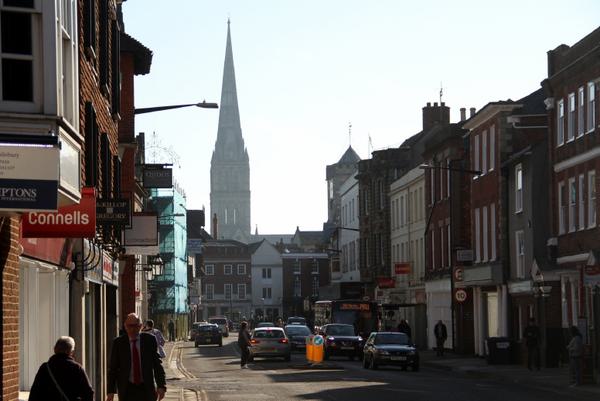
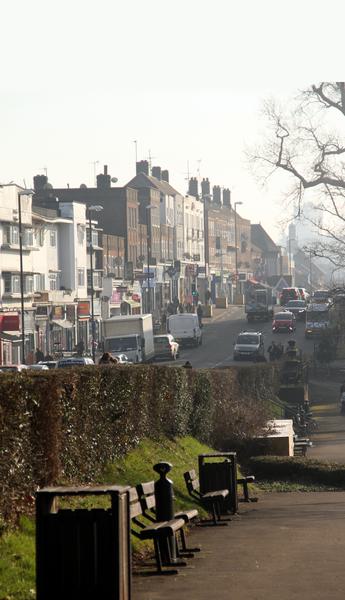
At Tibbalds, the issues for town centre are already playing out in our work. Our masterplans in Salisbury, Haywards Heath and Sutton Coldfield are either just complete or coming to a close. How much of what we concluded and recommended needs further thinking?
Many town centres have evolved over decades, if not centuries, and what makes them distinct fundamentally remains - the transport infrastructure, the heritage, a wide range of uses, buildings and spaces and the overlap between these elements that brings people together. We will remain socially dependent on networks and trade and these centres remain the obvious place to make this happen. Whilst we're seeing advantages in working from home in terms of avoiding the need to travel or the advancement in technology, I for one still crave the routine and structure that a separate workplace provides, and the chance for some time to myself, albeit on a crowded train in the rush hour. Funny what you miss.
The advice depends on the centre, but the need to diversify centres, to reduce the reliance on retail and to respond to consumers within a centres catchment all remain. Centres will continue to be relevant and important for our sense of place and belonging. What centres may need to do, more quickly and more strongly, is think about what they are and how they communicate that in the short term, and how they overcome a fear of being in groups of people once again. Places like Sutton Coldfield - where recent decline in the centre has been rapid - do need to be ready with a short term strategy to increase the centres attraction and vibrancy quickly, and build on from there. There is surely an opportunity now to capitalise on the huge reduction in vehicular traffic and the shift to cycling and walking, as intended by Milan, to invest in a more equitable transport system and bring public spaces and public realm up to standard for cyclists and pedestrians.
Much is still unknown and time, as ever, will tell - but town centres are sure to have a continuing role in humanity for making us all what we are and who we are.
Related Updates

Lizzie Le Mare speaking at the Housing Finance Conference 2025

Tibbalds
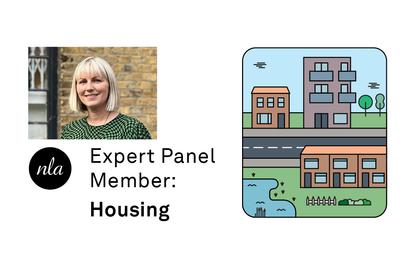
Lizzie Le Mare joins NLA Expert Panel

Tibbalds
Stay In Touch
Sign up to our Newsletter
Subscribe to our newsletter to receive updates about making people friendly places.
